The UK exports a significant amount of plastic waste for overseas recycling, due in part to a lack of domestic capacity.
There are tight existing controls surrounding International Waste Shipments (IWS), such as mandatory due diligence checks on end destinations, to evidence re-processing via Export Recovery Notes. That said, illegality and difficulties surrounding overseas processor verification can result in waste being improperly disposed of.
In order to encourage circular economy principles outlined in the Resources and Waste Strategy, it is widely accepted that UK recycling capacity needs to be increased to avoid reliance on exports markets. The fact remains however that the UK continues to rely on exports for the treatment of waste - it is estimated that around two thirds of the UK’s plastic waste is shipped abroad, for instance.
The recently issued updates detailed below regarding Brexit, the Basel Convention Guidance and Hong Kong Enhanced Waste Control make clear that the exporting industry will have to start adapting to a changing regulatory landscape of global waste flows, one that seeks to improve the quality material shipped abroad for recycling. Here is what we know so far:
Waste shipments and Brexit
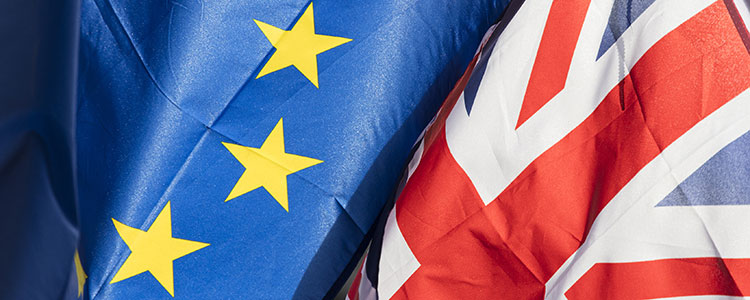
The transition period for exiting the EU ends on 31 December, meaning new procedures for moving waste from the UK to EU Member States will apply from 1 January 2021.
Following a European Commission update released in June detailing the rules ‘in the field of transboundary shipment of waste’, the Environment Agency has published further guidance on new processes detailed below:
GB to EU customs arrangements for notified waste shipments
Member States, and formerly the UK, are obliged to remain compliant with primary waste shipment legislation EC Regulation 1013/2006. Procedures for Green Listed waste will remain much the same. However, UK exporters of notified waste will have to:
- Complete waste notification and movement forms that provide the specific EU Customs Office of Entry and, if applicable, the EU Customs Office of Exit
- If asked, and mandatorily in Germany, waste transporters must provide a copy of the above paperwork to the Customs Office of Entry.
- UK exporters must ensure the waste is being handled by authorized carriers
Consented shipments post 1 January 2021
Talks between the UK IWS team and various EU Competent Authorities, have resulted in a set of varying agreements between the UK and individual countries:
- 11 countries including France, Denmark, Sweden and some German regional authorities have agreed to the continuation of existing consented notifications.
- Belgium, Finland, Spain and three other German regional authorities have agreed to a continuation with additional conditions*.
- 14 countries have not yet responded. Although it is assumed ‘these countries have no objections’, consented notification holders should be aware of this.
- The Autonomous Community of Andalusia, Spain, require a resubmission of notifications before receiving shipments.
*Examples of additional conditions:
- Belgium request a Customs SH Code and a copy of the financial guarantee.
- Finland may ask for an additional guarantee, to cover shipping costs.
- German regional authorities DE027 and 028 will consider notifications individually.
Updated Basel Convention Guidance
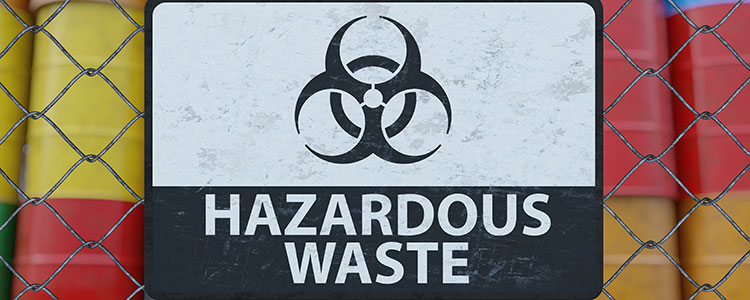
Overview
The Basel Convention, operational since 1992, is an international treaty concerned with the transboundary transfers of hazardous wastes. On 1 January 2021 it will be revised to reinforce controls surrounding plastic waste exports.
Essentially, plastics that are not recycled, are contaminated, or do not predominantly consist of one material cannot be exported under the ‘Green List’ (non-hazardous waste) system. Bar some exceptions, all other plastic waste will require prior informed consent (PIC) from the relevant competent authorities. Here's what is being updated:
Changes to the Basel Convention from 1 January 2021
- Code B3011 determines that only limited types of non-hazardous plastic waste that are destined for ‘recycling in an environmentally sound manner’ and are effectively contaminant free can be listed on the green waste list.
- Many other non-hazardous waste plastic types will now fall into category Y48, and need to be notified and approved before shipment. This includes contaminated loads, unrecyclable material, and specific polymer chemistries such as poly-vinyl-chloride.
- AC300 restricts any hazardous material, be it a singular waste plastic or a mixed load, being shipped to non-OECD countries.
Enforcement
The EA have outlined a number of ‘operational interventions’, underpinned by their Prevention and Disruption Strategy, they will employ to ensure compliance with the above changes. These include remote and on-site auditing, inspections of green-list and notified waste cargoes and communication of any concerns to international authorities.
In circumstances of continued non-compliance the EA retain the power to serve Enforcement Notices, Civil Sanctions and bring criminal proceedings.
Basel Convention codes used in the EU differ in name and consignment allowances, this technical document outlines these in more detail.
Hong Kong Enhanced Waste Control
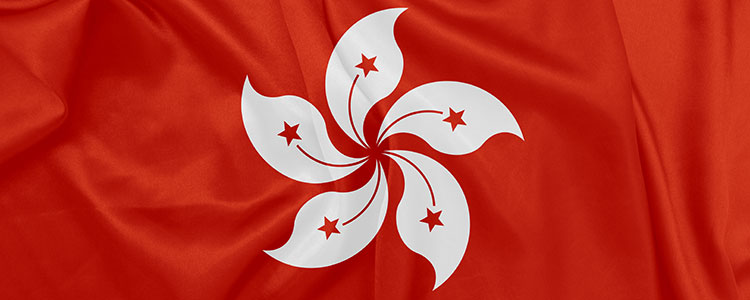
The Environmental Protection Department (EPD) of the Hong Kong Special Administrative Region announced in April 2020 they were instigating enhanced controls on plastics and paper movement.
Paper
No waste paper will be imported to Hong Kong, mainly as there is no dedicated paper recycling facility within the region. The website details an exception will be made if the shipment is to be held in Hong Kong, but exported to another destination.
Plastic
After 1st January 2021, Y48 plastics will require prior informed consent from the EPD. Declaration forms must also be submitted prior to shipment in accordance with the permit or consent issued.
If these new conditions are not met then the waste may be rejected and returned.
Until recently, China accepted a large amount of the UK’s plastic waste. However, in January 2018 it announced it would not accept plastic waste of less than 99.5% purity. UK exports to China dropped by around 94%, and the waste was diverted to countries such as Turkey and Malaysia. Nonetheless, tightening of regulations globally heralds changes in waste movements reflected by all three of the regulatory changes outlined in this article.
What does this mean for recyclers?
The Basel Conventions are a voluntary commitment and OECD countries retain their right to regulate exports of non-hazardous plastic, according to applicable domestic and international laws. As such China, Turkey and Canada have not agreed to the new amendments.
Moreover, that the conditional terms ‘almost exclusively’ one type of plastic that is ‘almost free’ from contamination have not been clarified, could conceivably cause some uncertainty and interpretive discrepancies between participating countries.
For countries that are implementing the new Basel measures, there may be an increased administrative burdens, heightened costs to exporters and impacts on material demand. In fact, the European Waste Management Association said the measures could ‘seriously hinder the development of an EU market for plastic recycling’. Furthermore, increased administrative processes surrounding exporting waste to the EU after 1 January could conceivably generate logistical delays.
It remains to be seen what the results may be but tighter controls on waste exports, especially to non-OECD countries, should be seen as a positive step.
Find out more about the recycling evidence Ecosurety procures on behalf of our members.

Louisa Goodfellow
Policy Manager
As Policy advisor Louisa provides key support to our team, including preparing reports on environmental policy issues and maintaining awareness of new developments. As such she will often be found coordinating responses to policy consultations, advocating policy positions and providing internal guidance to current legislation.

Latest News
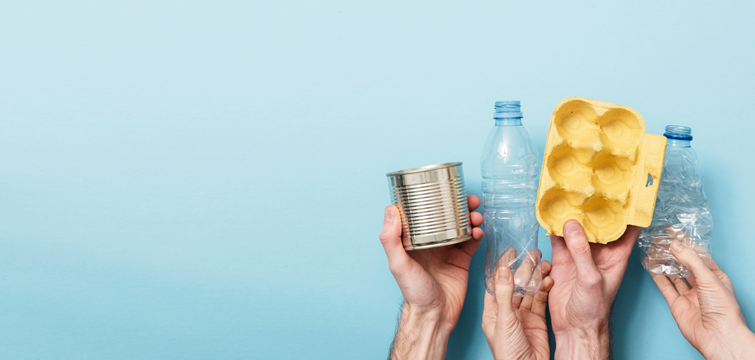
Draft packaging EPR regulations sent to European Union and World Trade Organisation
By Louise Shellard 02 May 2024
European Parliament introduce regulations to improve packaging sustainability
By Louise Shellard 30 Apr 2024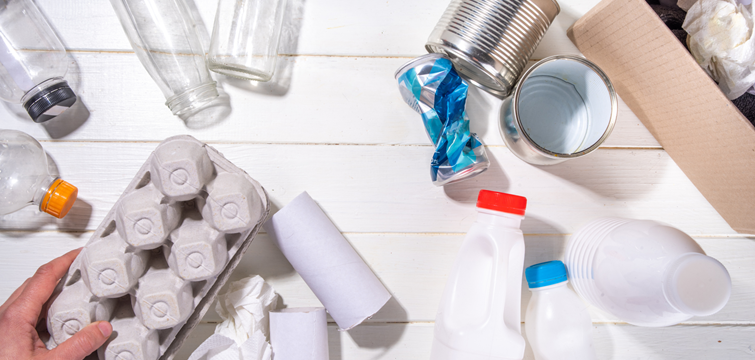
Q1 2024 recycling data reveals good performance in most materials
By Nigel Ransom 29 Apr 2024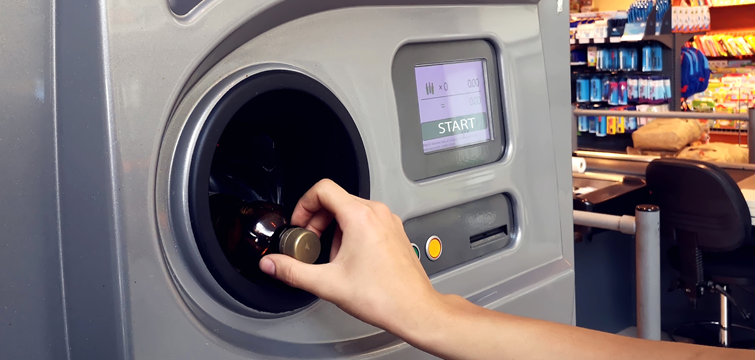
Deposit Return Scheme for all UK nations set for 2027
By Louisa Goodfellow 26 Apr 2024
